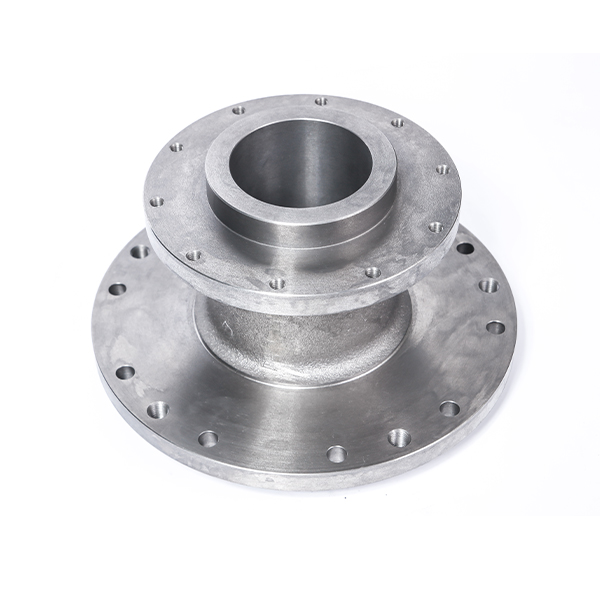Mobile:+86-311-808-126-83
Email:info@ydcastings.com
closed impeller
Understanding Closed Impellers Design and Functionality
Closed impellers are a crucial component in various types of pumping systems, playing a vital role in the transfer of fluids across numerous industrial applications. Unlike their open counterparts, closed impellers are designed with a shroud on both the inlet and outlet sides, which significantly influences their performance and efficiency.
At its core, a closed impeller consists of blades attached to a central hub. These blades are enclosed by a front and back wall, creating a sealed environment that prevents fluid from escaping during the pumping process. This design offers several key advantages over open impellers, particularly in terms of pressure generation and flow stability.
One of the primary benefits of closed impellers is their ability to generate higher pressures. The shrouded design allows for more effective fluid acceleration within the impeller, resulting in a higher discharge pressure. This characteristic makes them particularly suitable for applications requiring significant pressure boosts, such as in water treatment plants, chemical processing, and HVAC systems.
Another advantage of closed impellers is their enhanced efficiency. The streamlined shape minimizes turbulence and fluid recirculation, which are common issues in open impeller designs. As a result, closed impellers tend to exhibit lower energy consumption and a reduced risk of cavitation—an effect that can occur when low pressure leads to the formation of vapor bubbles in the fluid. Cavitation not only diminishes efficiency but can also result in physical damage to the impeller and other pump components.
closed impeller

In terms of materials, closed impellers are often constructed from various alloys or composite materials, depending on the application requirements. For example, impellers used in corrosive environments may be made from stainless steel or specific polymers that resist chemical degradation. This adaptability contributes to their widespread use across different sectors.
Closed impellers also excel in applications involving viscous fluids, such as slurries and pastes. The enclosed design helps to manage the flow of these thicker materials more effectively compared to open impellers, which can struggle to maintain consistent flow rates under heavy loads. Consequently, industries like mining and food processing often prefer closed impellers for their ability to handle challenging materials.
Despite their many advantages, closed impellers do come with some drawbacks. For instance, their design can make them more susceptible to clogging when dealing with solid-laden fluids. Maintenance can be more tedious compared to open impellers, especially if the impeller needs to be disassembled for cleaning or repairs.
In conclusion, closed impellers are integral to the efficiency and performance of myriad pumping systems. Their ability to generate high pressures, maintain operational stability, and accommodate different fluid types makes them a preferred choice in many industrial applications. As technology advances, we can expect continued innovation in impeller design, improving energy efficiency and performance in pumping solutions across the board. Understanding the nuances of closed impellers not only informs better design choices but also enhances operational practices in fluid dynamics.
-
Understanding Metal Casting TechniquesNewsApr.02,2025
-
Understanding Exhaust Manifolds for Enhanced Engine PerformanceNewsApr.02,2025
-
The World of Metal FabricationNewsApr.02,2025
-
Key Components for Pump and Turbo EfficiencyNewsApr.02,2025
-
Essential Tools for Automotive Maintenance and RepairNewsApr.02,2025
-
Durable Valve Components for Effective Water ManagementNewsApr.02,2025











